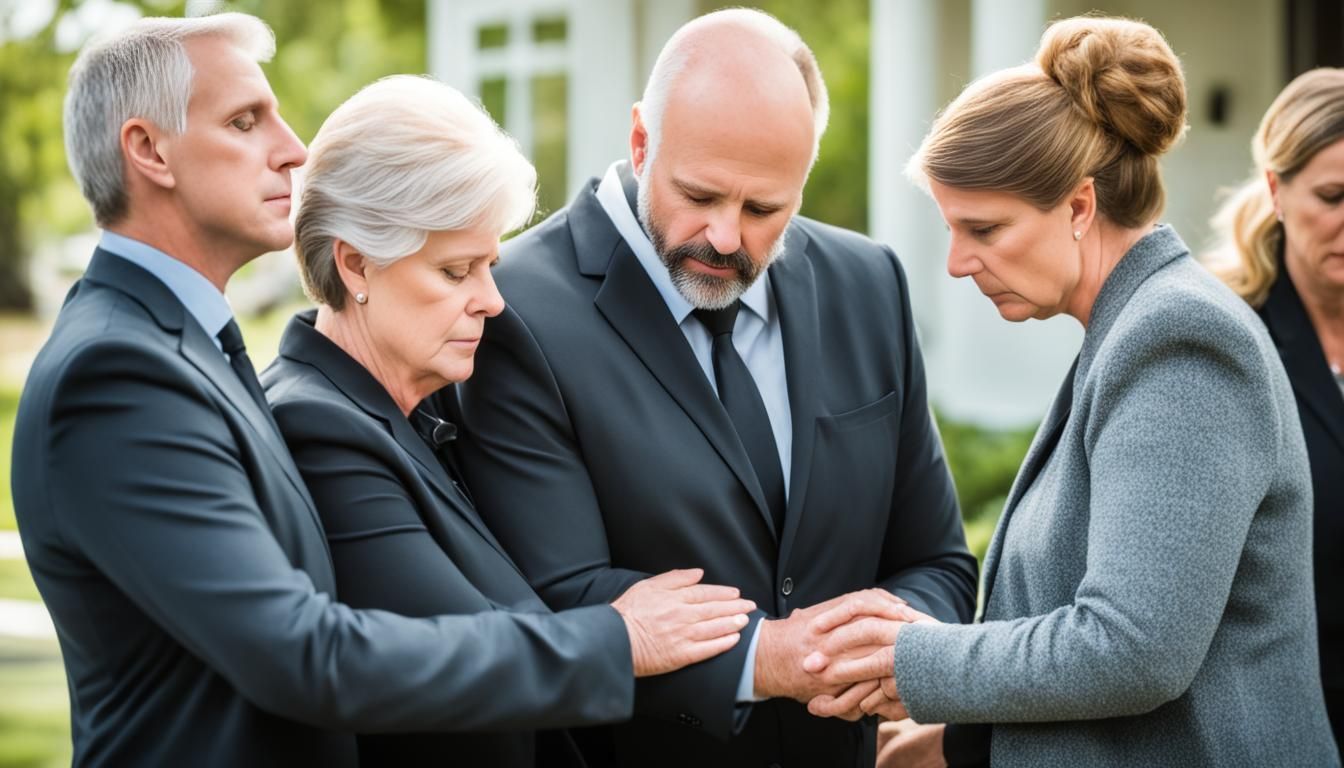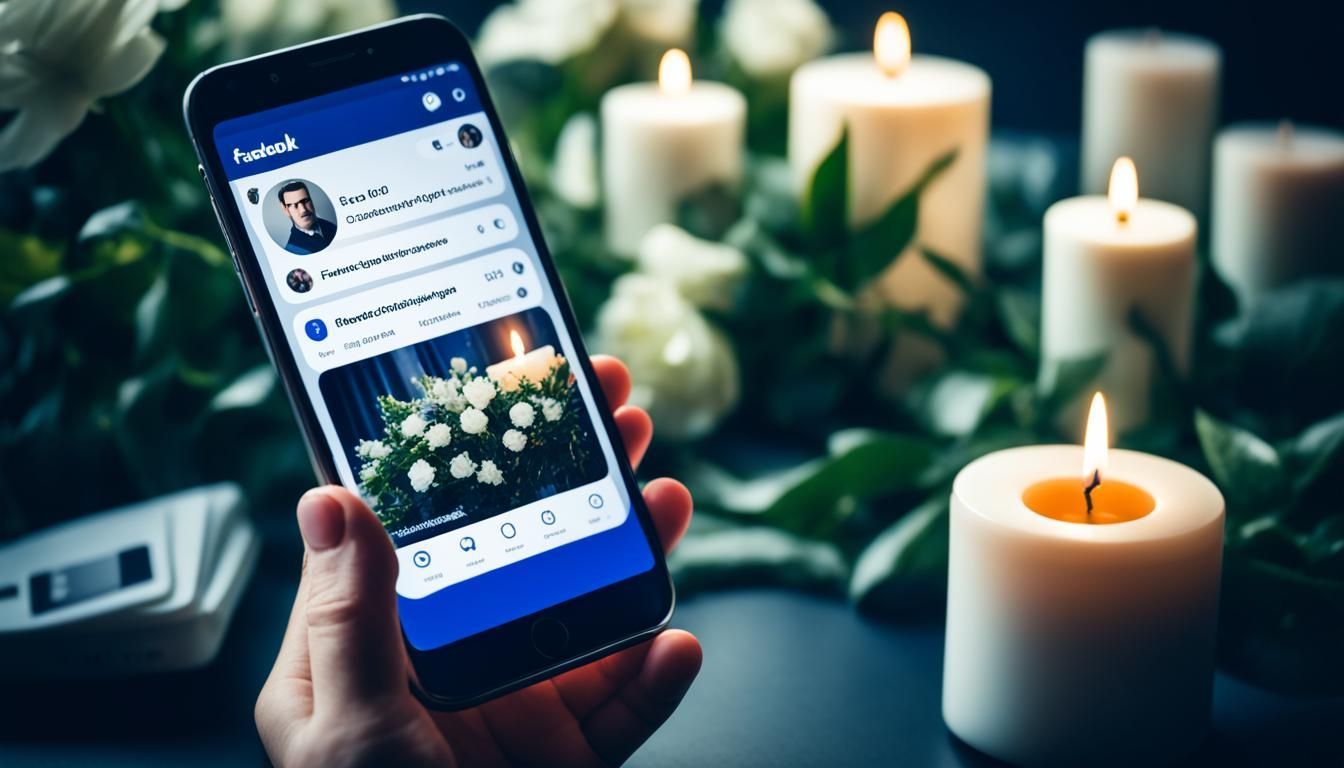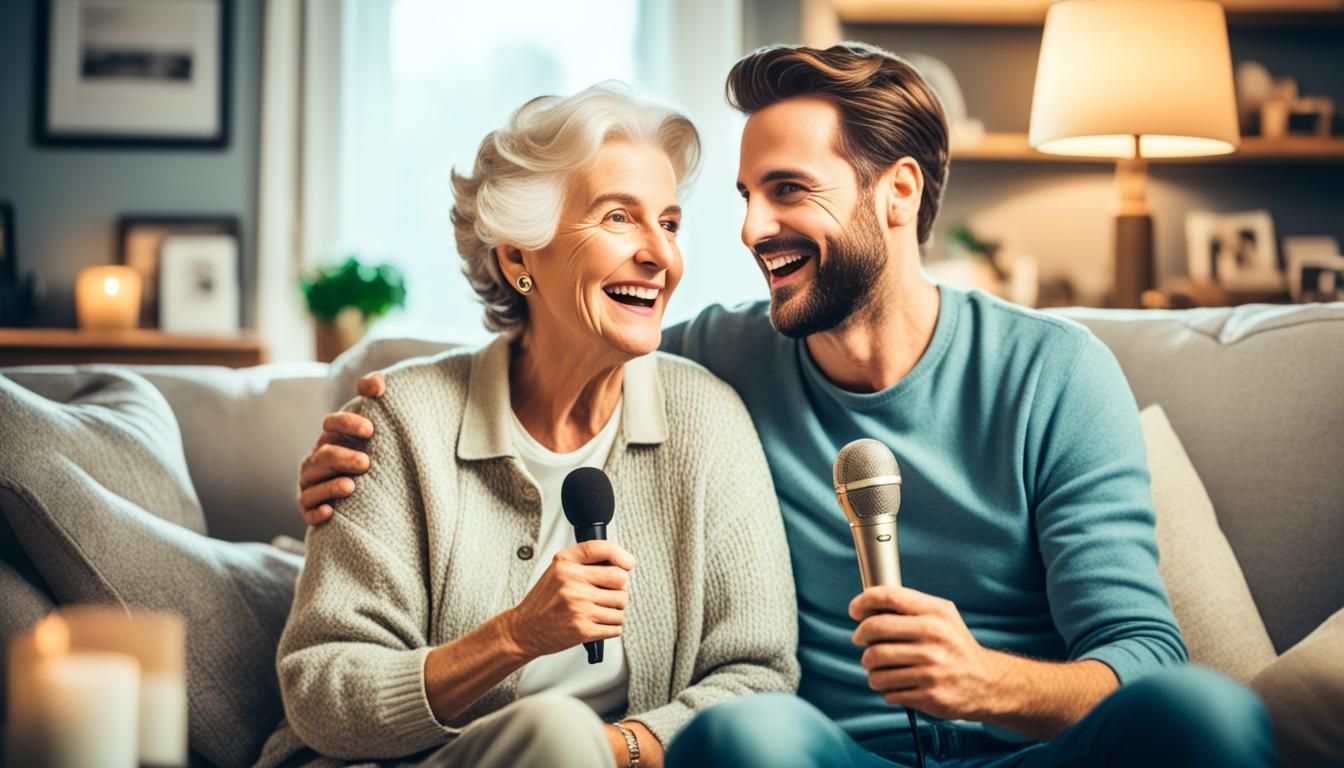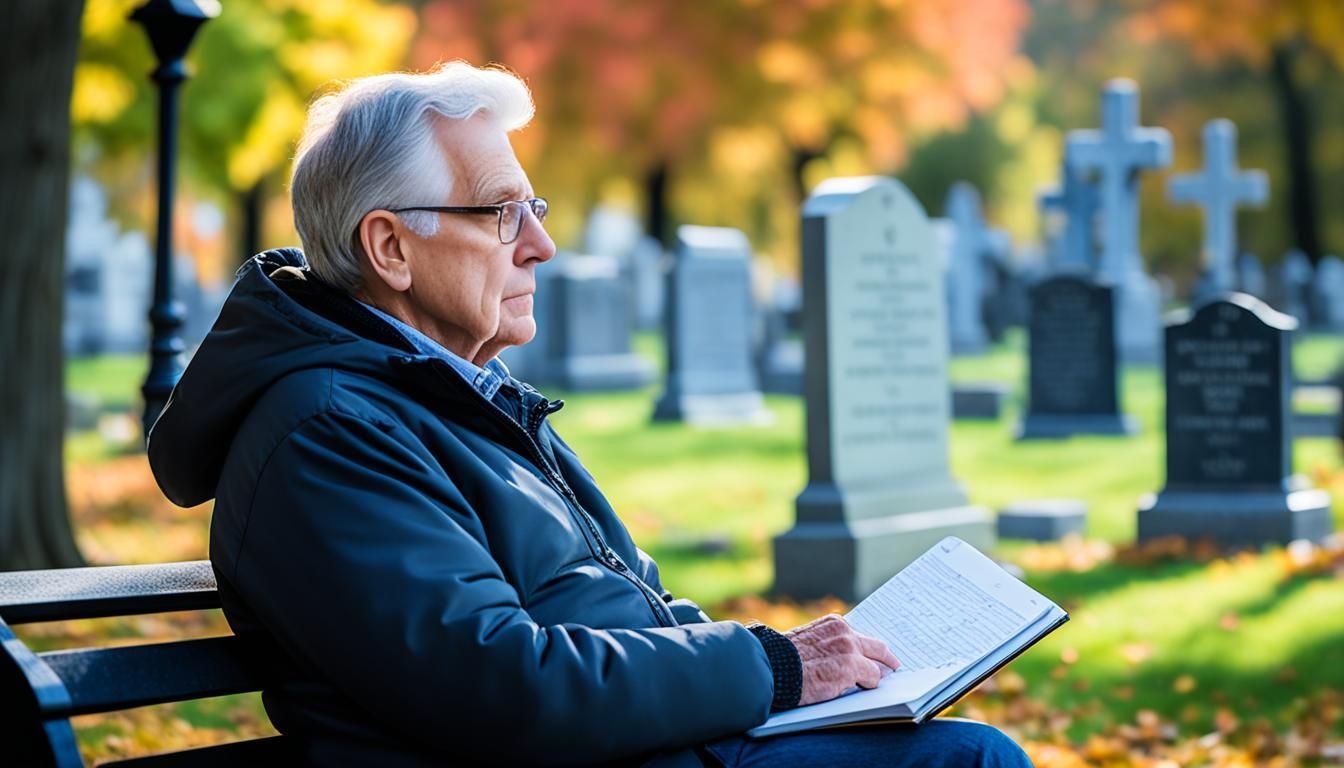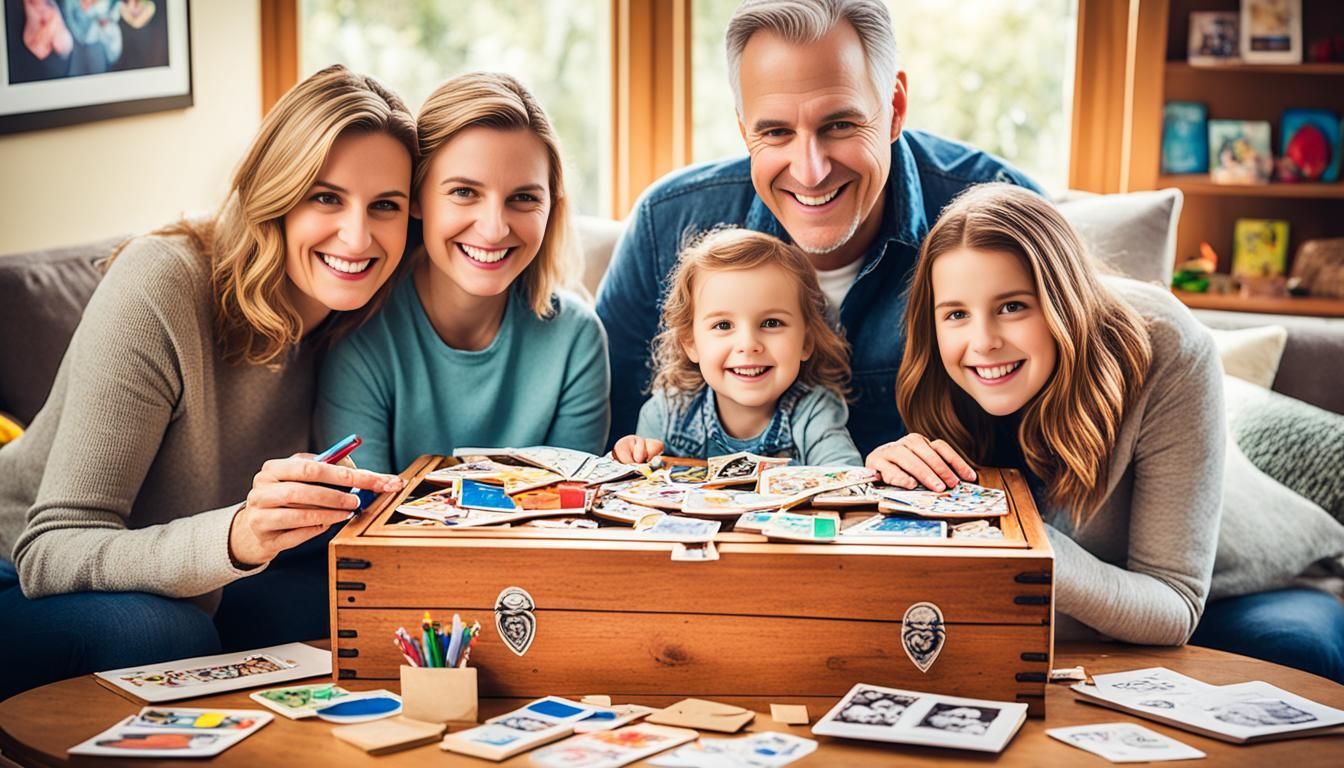Navigating Grief and Guilt - Strategies for Healing
Navigating Grief and Guilt - Strategies for Healing
Loss can create a heavy fog of grief and guilt around us. It's something many people go through, yet it deeply affects everyone in different ways. To start healing, we need compassion and support over time. Edwards Funeral Service is here for you, guiding gently, as you move forward one step at a time.
Overcoming guilt feels like sailing uncharted seas. Each wave reminds us of what might have been. With support for grief, we learn to navigate these waters towards healing. Edwards Funeral Service acts like a lighthouse, offering kindness and support, guiding you through emotional waves.
Loss leaves empty spaces in our hearts, filled with memories. The burden of the unsaid or undone casts a long shadow. Remember, you are not alone. Edwards Funeral Service is more than a funeral home. We are your partners in remembering and healing, helping honor loved ones while caring for the living.
Key Takeaways
- Understanding the intertwined emotions of grief and guilt is key to healing.
- Support for grief is essential and available through services like Edwards Funeral Service.
- Personalized resources and guidance aid in coping with loss and nurturing resilience.
- Overcoming guilt is part of the journey, facilitated by compassionate care and professional support.
- The commitment of Edwards Funeral Service extends to easing the burden of loss and offering lasting tribute to loved ones.
Understanding the Complex Relationship of Grief and Guilt
The link between grief and guilt is deep, affecting us deeply after big losses. Looking into this bond is key for those looking for healing from loss. It helps manage bereavement's impact and supports recovery.
The Psychology behind Grief and Feelings of Guilt
Grief brings guilt as we try to control things we can't control. This reaction to loss comes in many forms, like survivor's guilt, role-related guilt, and harsh self-judgment about how one grieves. Knowing about these feelings is a step towards healing. It means seeing their unreasonable side and the heavy load they add to the grieving.
Recognizing the Signs of Guilt While Grieving
Spotting guilt signs is crucial for emotional healing. These signs include thinking "if only" too much, feeling wrongly responsible for the death, and feeling like you failed to stop the loss. It's important for both people and therapists working on guilt therapy to notice and tackle these signs well.
Addressing the Impact of Different Loss Scenarios on Guilt
The loss's context deeply influences the guilt one feels. For example, guilt differs based on how someone died, with suicides often causing stronger guilt than natural deaths. The table below shows how emotional responses to loss vary by scenario:
| Loss Scenario | Common Feelings of Guilt | Recommended Support |
|---|---|---|
| Natural Death | Mild to Moderate guilt; "Could I have done more?" | Grief Counseling |
| Accidental Death | Moderate guilt; Involving perceived negligence | Intensive Guilt Therapy |
| Suicide | Severe guilt; "Could I have prevented it?" | Suicide Loss Support Programs |
Every loss brings its own set of challenges that need careful handling. Knowing the specific dynamics of grief and guilt helps a lot in working through guilt and moving towards recovery.
Healing After Loss: Practical Strategies and Support
Understanding that everyone's journey through grief is unique is key to healing. Edwards Funeral Service highlights the importance of self-care tailored to personal needs when dealing with loss. By adding structured support with personal growth efforts, people can discover resilience and peace during tough times.
Integrating Self-Care into Your Healing Routine
Self-care is vital when managing grief . Experts suggest regular exercise and a healthy diet for physical and emotional health. Writing in a journal provides a safe place for thoughts and feelings, helping heal. These practices help people heal and take back control of their life and emotions.
Channeling Pain into Positive Actions
Turning grief into positive action can help personal and community growth. Edwards Funeral Service recommends creating healing activities that honor the loved one's memory. Volunteering or joining charity events not only honors the deceased but also aids in emotional recovery and community bonding.
Seeking Therapeutic Support through Grief Counseling
Professional grief counseling is a key part of dealing with loss effectively. Specialists offer varied therapies to fit each person's unique grief. Support groups, often suggested by therapists, use shared experiences for healing. These therapies help people work through grief with support, making recovery possible.
Edwards Funeral Service offers many supportive options for those in grief. From personalized care to community ceremonies, the path to acceptance and peace involves remembering loved ones while adapting to life’s changes.
Conclusion
The journey to healing after loss includes personal thought and group support. At Edwards Funeral Service, we see how support for grief aids people every day. It helps them deal with the pain of missing someone and leaving regret behind.
Getting over guilt is crucial. It's often the start of a journey to a future that remembers loved ones. This future also allows for personal growth and healing.
To face grief's challenges, you need the right tools and help. Our caring team offers grief counseling. This support aims to calm the complex emotions loss brings.
These services are key for anyone ready to start healing. We provide insights and tactics to manage grief positively.
Edwards Funeral Service is dedicated to helping those in deep sorrow. If dealing with grief and guilt feels hard, call us at (740)-387-1188. Our team is here to support your healing journey with compassion and respect. We aim to ensure your path to recovery is full of empathy and kindness.
FAQ
How can I understand the connection between grief and guilt?
Grief and guilt often join in how we respond to loss. Guilt may come from thinking about what you could've done differently. Grief is about the emotional hurt of losing someone. Seeing how they relate can help in healing by letting you accept your feelings and deal with them.
What are some common signs of guilt during the grieving process?
Signs include blaming yourself, finding it hard to accept the loss, and feeling worthless. You might also dwell on "what if" thoughts. Knowing these signs helps in healing after a loss. You can seek support or talk to a grief counselor.
Are there specific strategies to cope with the loss and overcome guilt?
Yes, there are strategies. Allow yourself to grieve freely and take care of yourself. Joining support groups and seeing a grief counselor helps. You can also find positive ways to channel your pain, like volunteer work or creating memorials for your loved one.
What role does Edwards Funeral Service play in providing support for grief and guilt?
Edwards Funeral Service gives understanding guidance and resources for dealing with grief and guilt. They offer a caring environment, grief counseling , and support through services like memorials. They help you heal.
How can one address the impact of different types of loss on feelings of guilt?
Understanding that different losses bring different guilt levels is key. For instance, losing someone to suicide may cause more guilt than a natural death. Dealing with these feelings means accepting their complexity and looking for specialized grief or guilt therapy .
Can grief and guilt affect my physical health?
Yes, grief and guilt can show up as physical symptoms. You might face insomnia, appetite changes, tiredness, or more stress. It's vital to care for your body and emotions, keep a regular routine, find emotional support, and talk to healthcare pros if needed.
What are healing rituals, and how can they aid in coping with loss?
Healing rituals are personal acts or ceremonies that honor the one who passed and comfort the living. They let you express feelings, find closure, and feel connected to your loved one. This can be very helpful in dealing with grief and moving past guilt .
How can guilt be transformed into constructive change?
Guilt can lead to positive changes if you let it inspire growth. Doing charity work or advocating for causes your loved one valued can bring meaning to your loss. It turns guilt into a force for good in the world.
When should I consider seeking professional help for my grief and guilt?
If your grief and guilt feel too big and mess with your life, it's time to get help. Grief counselors or therapists can help you work through tough emotions. They'll help find ways for you to start healing.
Are there resources available for those who can't afford traditional grief therapy?
Yes, there are resources. Community groups, non-profits, and online services offer help at little to no cost. Finding these resources is important so you can get the support needed for dealing with grief and guilt.




